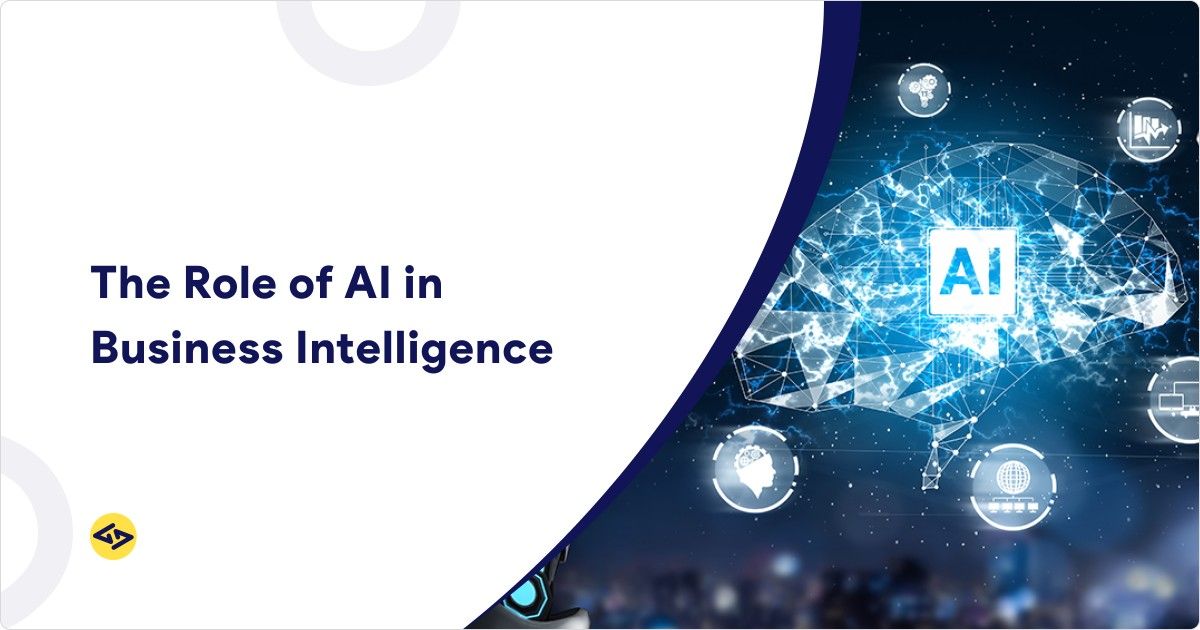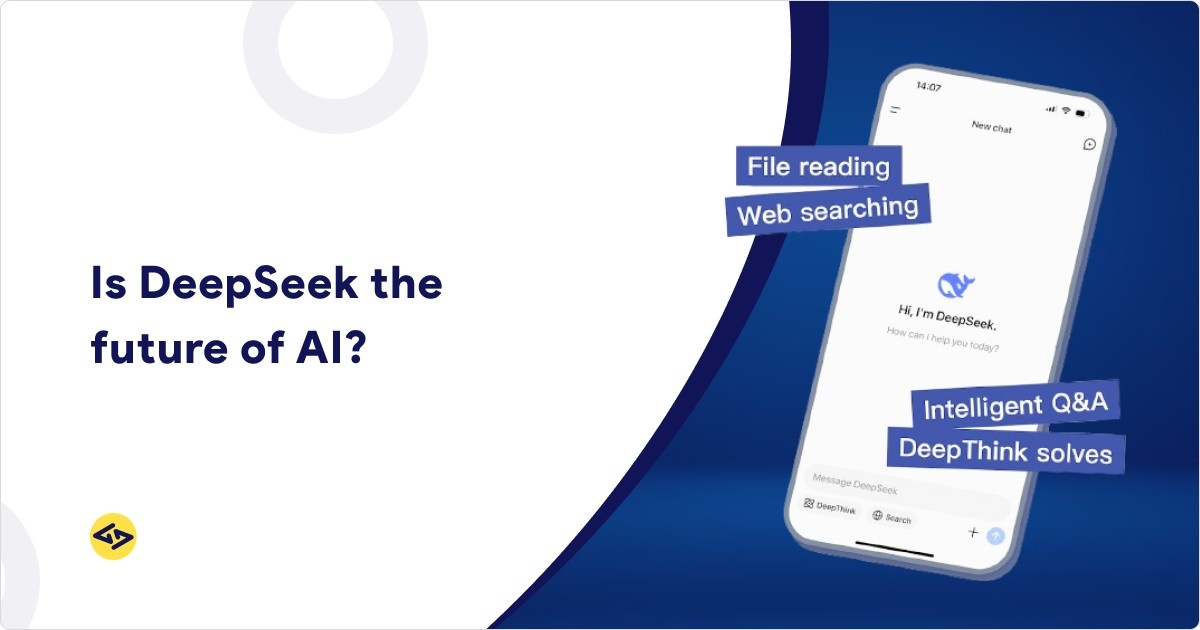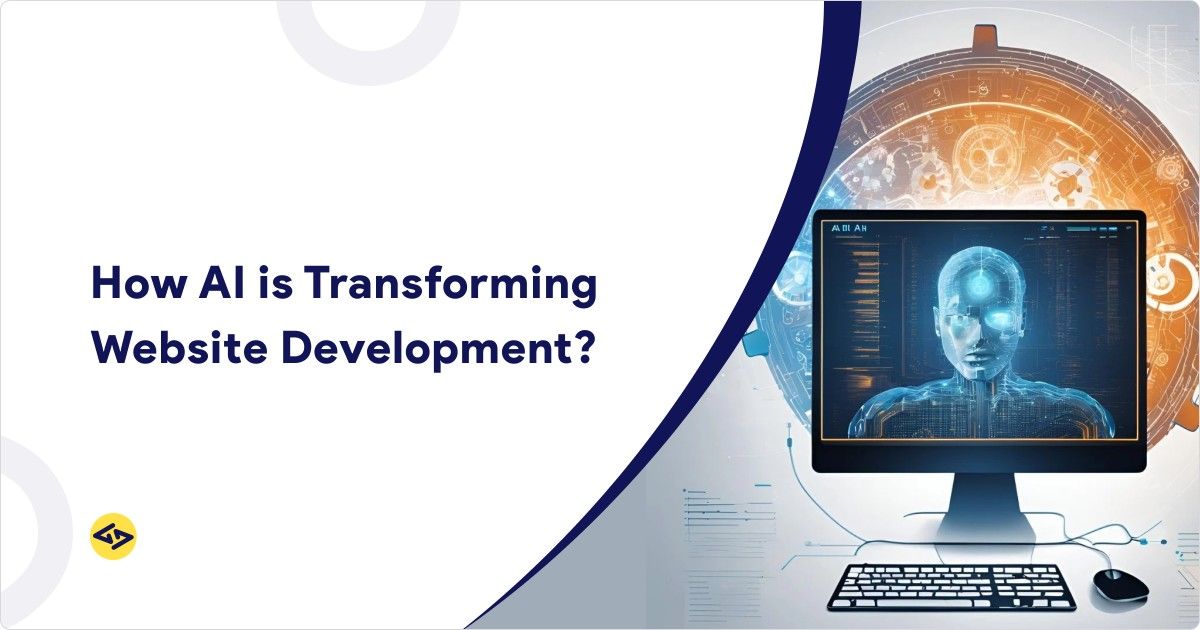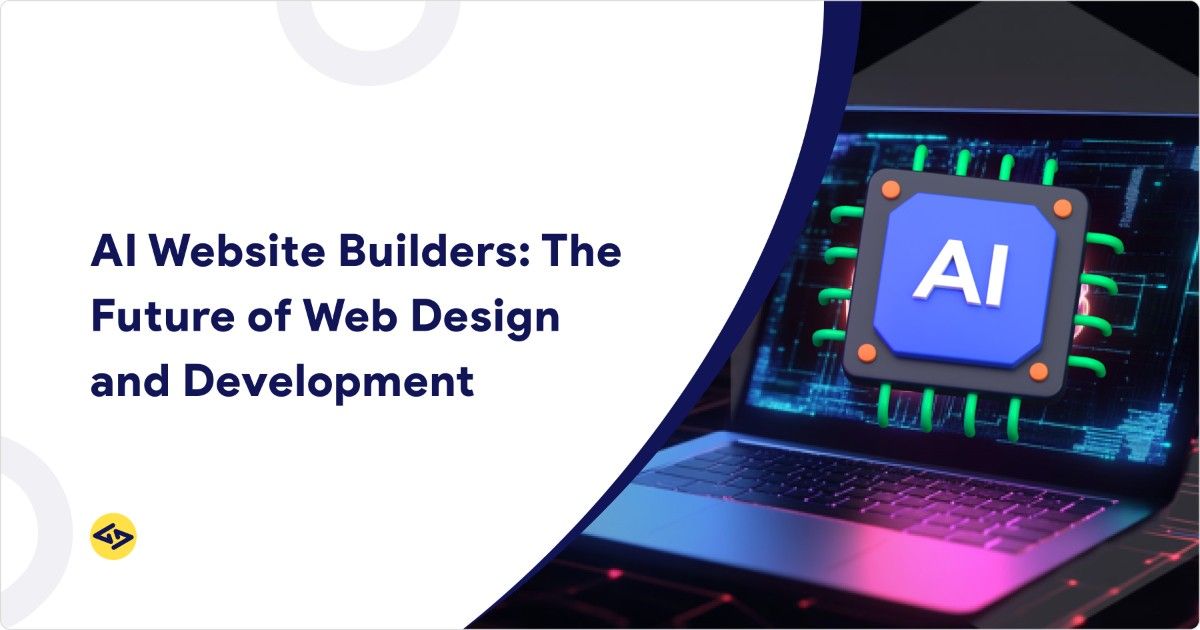Businesses today are expected to make fast, intelligent decisions based on massive volumes of data. For years, Business Intelligence (BI) served as the primary solution, transforming raw data into useful insights through charts, reports, and dashboards.
But traditional BI has a limitation: it looks backward. Now, imagine if your data could think for you. That’s exactly what AI in business intelligence enables.
Rather than just showing past trends, AI helps predict future outcomes and even suggests actions. According to Gartner, trends like decision intelligence and generative AI are rapidly maturing, indicating that a significant majority of businesses will soon rely on AI-powered analytics tools to remain competitive.
If you still rely on basic static reports, you’re missing out on the full potential of artificial intelligence in business intelligence. Ultimately, AI transforms raw information into actionable, intelligent business analytics.
Let’s explore how the convergence of big data and AI is reshaping the corporate landscape.
What Is AI in Business Intelligence?
To understand AI-powered business intelligence, we must first look at the components.
Business Intelligence (BI) uses tools to acquire and analyze business-related data. These tools enable organizations to track current events (descriptive analytics). For example, BI technology demonstrates which products achieve high sales performance by presenting information about customer conduct via charts and dashboards.
Artificial Intelligence (AI) refers to systems that simulate or augment human intelligence to perform complex tasks automatically. Key technologies include:
- Machine Learning (ML): Enables systems to learn from data and improve over time without explicit programming.
- Natural Language Processing (NLP): Helps machines understand and interpret human language for easier querying.
- Computer Vision: Interprets visual data patterns.
- Generative AI: Creates new content and insights based on learned patterns.
The Synergistic Definition:
AI in business intelligence creates a hybrid system where AI-driven analytics automates the discovery of insights. Unlike traditional BI, which requires users to query data to find answers, AI pushes answers to the user before they even ask. It shifts the focus from “What happened?” to “What will happen?” and “What should we do?”
How AI Enhances Business Intelligence
Merging data science for business intelligence with traditional reporting tools supercharges the analytics process. Here is how AI upgrades the BI framework:
Automated Data Collection and Cleaning
One of the biggest hurdles in analytics is data preparation. Automated business intelligence tools use AI to clean, organize, and format large data volumes from disparate sources. This ensures that the data feeding your dashboards is accurate and ready for analysis without manual intervention.
Real-Time Data Processing and Analysis
Markets change in an instant. AI tools process data continuously, providing real-time business insights with AI. This allows companies to respond to KPIs and market shifts immediately, rather than waiting for end-of-month reports.
Pattern Recognition and Anomaly Detection
AI algorithms scan big data and AI datasets to uncover hidden patterns, correlations, and anomalies that human analysts might miss. Whether it’s a sudden spike in server load or a subtle shift in consumer sentiment, AI alerts stakeholders instantly.
Natural Language Querying (NLQ)
Thanks to Natural Language Processing (NLP) and Natural Language Querying (NLQ), users can interact with BI systems using simple voice or text commands. This empowers non-technical staff to ask questions like, “Why did sales drop in Q3?” and receive an immediate visual answer, democratizing access to data.
Key Benefits of AI in Business Intelligence
Why are enterprises rushing to hire AI BI developers? Because the advantages are game-changing.
- Faster Decision-Making: By automating data preparation and analysis, AI shortens the time between data collection and insight, allowing leaders to focus on strategic actions instead of manual reporting.
- Predictive Capabilities: Predictive analytics powered by AI forecasts future trends—such as sales performance, product demand, and potential risks—reducing uncertainty and improving planning.
- Smarter Data Visualization: AI dynamically generates dashboards tailored to each user’s role, automatically highlighting key trends and outliers without requiring complex configuration.
- Reduced Human Error: Automation minimizes manual entry and calculation errors, resulting in cleaner datasets and more reliable analytics.
- Consistent Operation: Unlike humans, AI systems operate continuously and consistently. While they require monitoring to ensure fairness, they do not suffer from fatigue, ensuring 24/7 analysis.
- Scalable Insights: As your data grows, AI scales with it. AI analytics solutions for enterprises can handle terabytes of data without a drop in performance.
Looking for robust backend support to handle data flow? Learn more about our API development and integration services to connect your data sources seamlessly.
Real-World Use Cases of AI in BI
AI business intelligence examples span across every major industry. Here is how different sectors are leveraging AI driven analytics:
Retail – Demand Forecasting
Retailers use AI to analyze sales data and trends. The technology enables businesses to determine which products will gain popularity, ensuring appropriate stock levels and preventing excess inventory.
Related Solution: E-commerce app development services
Finance – Fraud Detection
Banks use AI to monitor transactions in real time. The system detects abnormal activities that signal fraudulent behavior by studying previous instances of fraud, significantly reducing financial risk.
Healthcare – Patient Outcome Prediction
AI technology allows hospitals to examine patient datasets to predict readmission risks. This leads to better resource allocation and improved patient care planning.
Related Solution: Doctor appointment booking app development
Logistics – Route Optimization
Logistics companies use AI to analyze traffic and weather data. The AI finds the best delivery routes in real time, improving delivery speed and reducing fuel consumption.
Related Solution: On-demand transportation app development
Marketing – Customer Segmentation
Marketing teams use machine learning in business intelligence to group customers based on behavior. This allows for hyper-personalized messaging that increases engagement and conversions.
How AI in BI Enables Smarter Business Decisions
The ultimate goal of intelligent business analytics is to move up the analytics maturity model:
- Descriptive (Traditional BI): Tells you what happened.
- Diagnostic (Traditional BI): Tells you why it happened.
- Predictive (AI in BI): Tells you what will happen.
- Prescriptive (AI in BI): Tells you how to make it happen.
By using AI based reporting and dashboards, businesses transition from reactive to proactive. For example, instead of simply reporting an increase in customer churn, an AI system will alert you that specific customers are likely to churn next week and suggest a targeted discount to retain them. This is the essence of data driven decision making with AI.
How to Implement AI in Business Intelligence
Adopting AI business intelligence services requires a strategic approach.
- Assess Business Goals: Identify the specific questions you need to answer. Are you trying to cut costs, predict sales, or improve customer service?
- Data Readiness: AI is only as good as the data it is fed. Ensure your data is centralized and clean.
- Choose the Right Tools: Evaluate advanced business intelligence tools like Microsoft Power BI, Tableau, or Qlik Sense that have strong AI integrations.
- Integrate with Systems: Ensure your BI tool connects seamlessly with your ERP, CRM, and other databases.
- For custom integration, explore our Enterprise Solution Development.
- Train Your Team: Foster a data-driven culture. Train staff not just to read reports, but to query the AI tools effectively.
Challenges and Considerations
While AI in BI for faster decision making is powerful, it comes with challenges:
- Data Quality: “Garbage in, garbage out.” Poor data quality will lead to inaccurate AI predictions.
- Privacy and Security: Handling big data requires strict adherence to compliance standards (GDPR, HIPAA).
- Model Bias and Transparency: If historical data contains bias, AI models can replicate it. Regular auditing is necessary to ensure fair and transparent practices.
- Cost: Implementing enterprise analytics solutions can be an investment. However, the ROI from improved efficiency usually outweighs the initial costs.
Future of AI in Business Intelligence
The landscape of business performance analytics is evolving. We are moving toward “Augmented Analytics,” where AI automatically prepares data and generates insights without human prompting.
Generative AI is also entering the space, allowing users to ask complex questions and receive narrative summaries rather than just charts. As business analytics automation matures, the line between data analyst and business user will continue to blur.
Stay updated on the latest automation trends with our insights on top enterprise web app development trends.
Conclusion: Your Competitive Edge Starts Here
You don’t have to wait for the future—AI-powered business analytics is already transforming operations. From predictive analytics using AI to real-time insights, the synergy between AI and BI is essential for staying ahead.
AI turns your data into smart choices—faster and easier than ever. It’s not just a smart upgrade; it’s a necessity for modern enterprise survival.
iCoderz Solutions helps you seamlessly integrate AI analytics solutions for enterprises into your business workflows. Whether you need AI business intelligence consulting or want to hire AI BI developers to build a custom dashboard, we are ready to assist.
Intelligent business analytics with AI delivers smarter, faster insights for better decisions. Don’t wait—start now.
Contact us today to upgrade your business intelligence strategy.
Turn Your Data Into Smarter Decisions
Leverage AI-powered business intelligence to uncover insights, predict trends, and drive confident business decisions.




